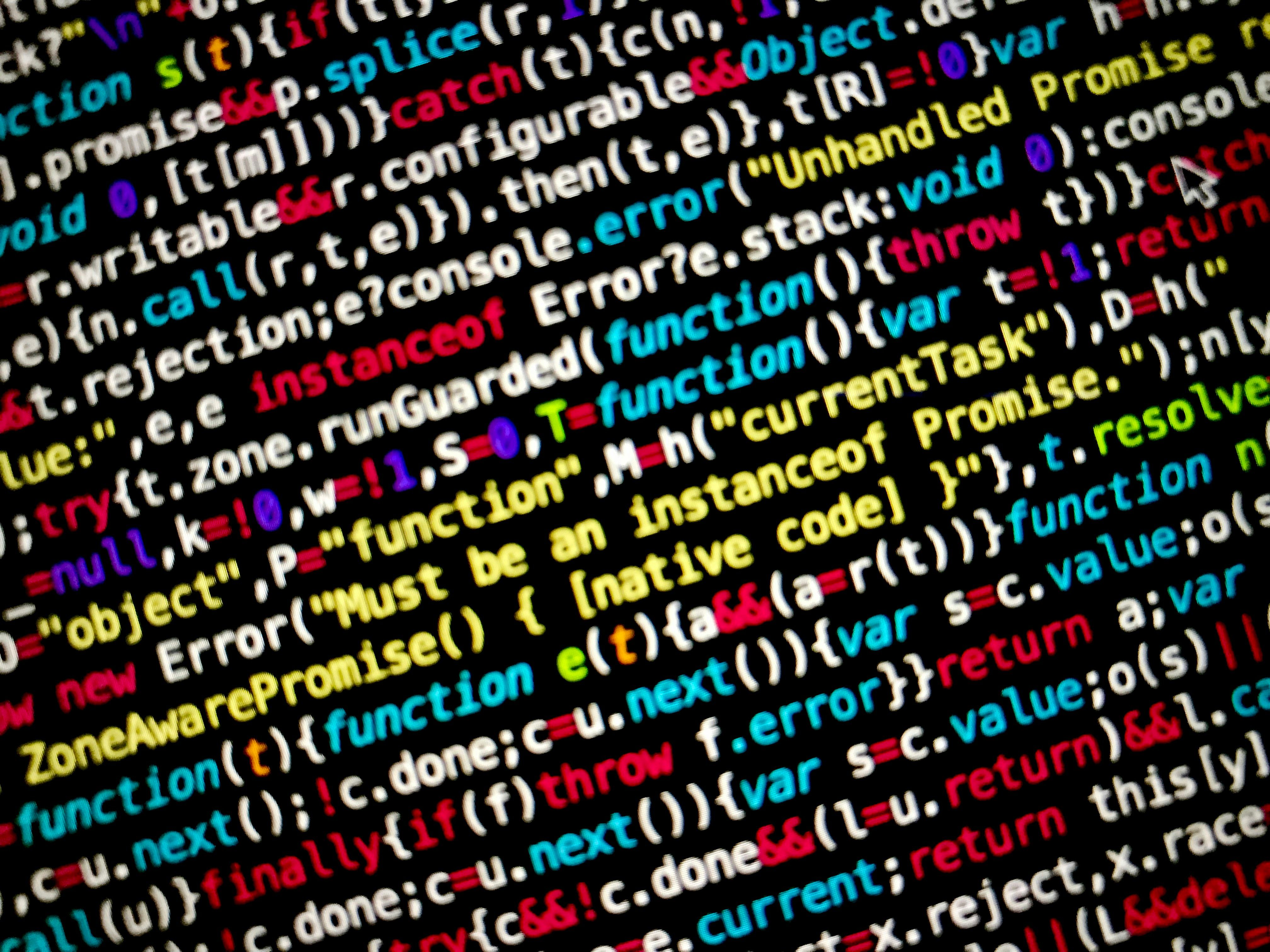In a dubious turn of events, Governor Abbott affixes his signature to the controversial 1 billion dollar Texas school voucher legislation, sparking a wave of jubilation and dissent.
In a major move that's been years in the making, Texas Governor Greg Abbott recently signed Senate Bill 2 into law at the governor's mansion in Austin. This bill, a $1 billion school voucher legislation, creates Education Savings Accounts (ESAs), allowing parents to use state funds for educational costs outside the traditional public school system.
The signing marked the culmination of a long-fought battle by top Texas Republicans and the governor, who promised school choice for Texans in their re-election campaigns. Addressing a crowd of supporters, Abbott asserted, "Gone are the days families are limited to only the school assigned by the government. The day has arrived that empowers parents to choose the school that's best for their child."
However, the road to Abbott's desk was fraught with tough primary battles and significant expenditures. Numerous supporters spent millions on media campaigns, and several Republicans who opposed a similar proposal in 2023 were ousted.
House Speaker Dustin Burrows, one of many who spoke at the signing, praised the commitment of Texas House Republicans who voted to pass the bill. "Despite all the noise, all the attacks, they knew school choice was the moral thing to do," he declared.
Supporter Shinara Morrison, a single mother, shared her experience, sending her son to various schools - public, charter, and private - but ultimately finding the latter unaffordable. She believes ESAs will give families like hers the freedom to choose educational opportunities that best suit their children's needs, regardless of income or location.
Despite the enthusiasm, the proposal has controversially divided opinions. Protesters gathered around the governor's mansion, with Carrie King expressing concerns about funding diversion from public schools and the lack of academic accountability measures. King voiced her dismay, stating, "It feels like this bill is kind of riding a wave across the nation of pushing inequities."
The program has sparked debate in Texas, with some seeing it as a means to level the educational playing field, while others view it as an attack on public schools. Zeph Capo, President of the Texas American Federation of Teachers, led a rally at the Capitol earlier this session, labeling vouchers as an attempt to "dismantle" the public school system.
However, supporters like The LIBRE Initiative argue that ESAs offer families the flexibility to address their children's unique needs, such as tutoring or special education services. Jorge Martinez, The LIBRE Initiative's strategic director, has been advocating for school choice since 2015, using the analogy of choosing between different fast food chains to illustrate the benefits of choice.
Under SB 2, the program will initially be funded to the tune of $1 billion, with parents receiving approximately $10,000 - 85% of the state's average student funding - to spend on private school tuition, while students with special needs can utilize up to $30,000. Eligibility for ESAs will be determined through a four-tiered system, prioritizing students with disabilities from low-income families and gradually becoming available to families earning beyond these thresholds.
With the bill now law, Texas parents can look forward to applying for ESA funds by the 2026-27 school year, as dictated by the legislation. Ensuring the program's successful implementation falls to the Texas Comptroller.
Controversies surrounding the ESAs in Texas primarily revolve around concerns of funding diversion from public schools, insufficient accountability measures, and worries about equity in program eligibility. Addressing these concerns involves debates surrounding funding allocation, eligibility thresholds, and governance structures to manage ESAs.
While various stakeholders, including lawmakers, advocacy groups, and parents, passionately support or oppose the measure, the future of school choice in Texas is now set in motion.
- The Texas Governor's mansion in Austin became a focal point for education news as Governor Greg Abbott awarded funding for Education Savings Accounts (ESAs) through Senate Bill 2, a $1 billion school voucher legislation.
- The legislative process for SB 2 was intense, with House Speaker Dustin Burrows acknowledging the tough primary battles and significant expenditures incurred by numerous supporters.
- Single mother Shinara Morrison, a supporter of the bill, saw ESAs as an opportunity to afford educational options tailored to her child's needs, with the freedom to choose between public, charter, and private schools.
- Critics like Carrie King argue that the program may result in unrealistic funding diversions from public schools and a lack of academic accountability measures, potentially worsening educational inequities.
- Proponents such as The LIBRE Initiative view ESAs as a positive step towards providing flexibility for families in addressing their children's unique needs, like tutoring or special education services.










